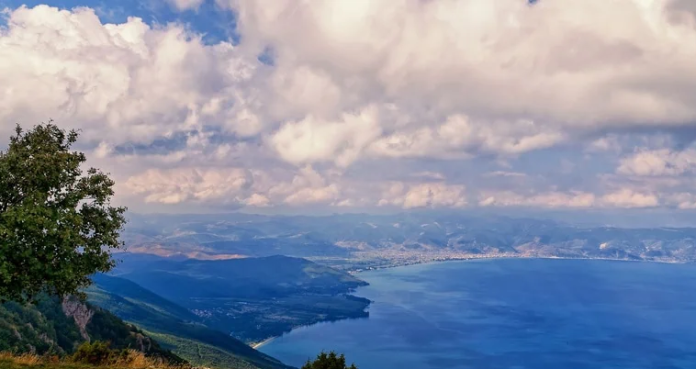Voltalia got a EUR 99 million loan for its Karavasta solar power project in Albania. It is the biggest photovoltaic system under construction in the Western Balkans.
Works on the 140 MW Karavasta solar power plant, the first utility-scale PV project in the country, started in July. The site is in Fier county in Albania’s west.
The EUR 99 million loan was provided by the European Bank for Reconstruction and Development (EBRD), International Finance Corporation (IFC), Intesa Sanpaolo Bank Albania, and Privredna Banka Zagreb. The beneficiary of the loan syndicated by the EBRD is Karavasta Solar, a special purpose vehicle owned by Voltalia.
IFC is providing EUR 41 million and EBRD another EUR 29 million, while Intesa Sanpaolo Bank, through its subsidiaries Intesa Sanpaolo Albania and Privredna Banka Zagreb, participates with EUR 29 million, according to their announcements.
The total investment is estimated at EUR 135 million
According to the EBRD, the project’s total cost of EUR 135 million is also financed by Voltalia’s own resources.
The first utility-scale solar photovoltaic project in Albania is a result of the country’s first competitive auction for solar power following the introduction of the EBRD Renewable Energy Auctions Programme in Albania. EBRD said it would be a model for other facilities in the Western Balkans region.
The bank said it also helped the Albanian authorities with a PV auction for the Spitalla project, also won by Voltalia, and that it is currently assisting with a 150 MW onshore wind auction. EBRD is also supporting an upcoming 300 MW solar auction expected in June.
The project triggered a solar boom in Albania – von Alvensleben
Constantin von Alvensleben, Voltalia’s Country Manager for Albania, said that with a high peak capacity of 140 MW, and a short realization time of a year and a half, Karavasta has triggered a boom for solar energy in the country.
The loan signing is also proof of the quality and sustainability of the project, he added.
EBRD’s Head of Energy for Europe Grzegorz Zieliński said the project would contribute meaningfully to the diversification of local generation sources, which to date have been mostly hydro.
According to Matteo Colangeli, EBRD Director for the Western Balkans, it is an excellent example of impactful and business-enabling policy engagement combined with skillful project finance structuring that leads to concrete results for the country.
Of note, the Karavasta project will sell 50% of the generated electricity to a state-owned utility at a fixed price and the other 50% in the market.






